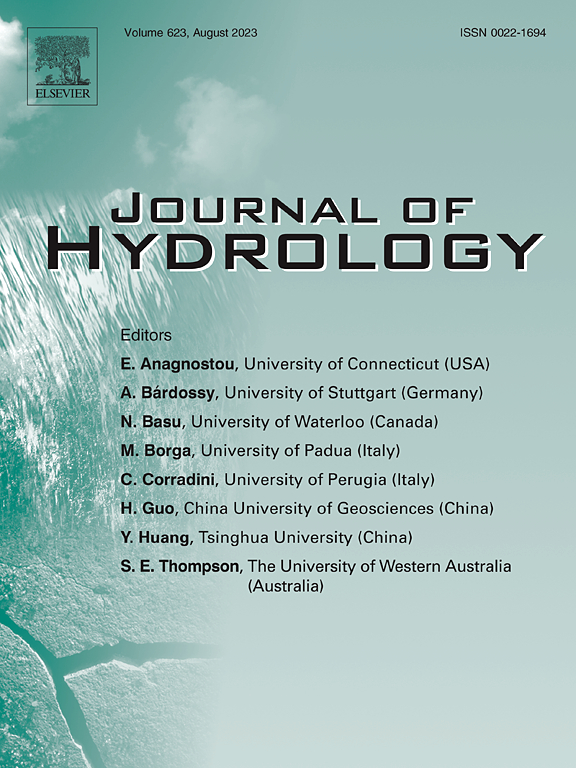Grounded perspectives on water infrastructures and drought imaginaries in the semi-arid Northeast of Brazil
IF 5.9
1区 地球科学
Q1 ENGINEERING, CIVIL
引用次数: 0
Abstract
This paper discusses how water infrastructure became central to drought management in the state of Ceará in Brazil’s Northeast region, and how this status has been maintained over the decades. It emphasizes the importance of social imaginaries and institutional arrangements in defining water ontologies and developing subjectivities that play in the moralization of water use and rights in crisis contexts. Our empirically grounded, interdisciplinary approach demonstrates how the co-evolution of infrastructure and institutional arrangements contributes to the maintainance of the infrastructure’s centrality in drought management, primarily to increase water availability. Consequently, despite the establishment of participatory bodies and an alternative approach to manage droughts in rural communities, large-scale water infrastructure remains a key pillar in preparing for future droughts. While these infrastructures provide the state with some ’control capacities’ over the water resources, they also have considerable uncontrolled and intertwined territorial effects. We argue that further interdisciplinary research is required to understand the complex role of infrastructures and imaginaries in water management.
巴西东北部半干旱地区水基础设施和干旱想象的接地视角
本文讨论了巴西东北地区塞埃尔州的水利基础设施如何成为干旱管理的核心,以及几十年来这种地位是如何保持的。它强调了社会想象和制度安排在定义水本体论和发展主体性方面的重要性,这些主体性在危机背景下对水的使用和权利进行道德化。我们以经验为基础的跨学科方法展示了基础设施和制度安排的共同演变如何有助于维持基础设施在干旱管理中的中心地位,主要是为了增加水的可用性。因此,尽管建立了参与性机构和另一种办法来管理农村社区的干旱,大规模的水基础设施仍然是防备未来干旱的关键支柱。虽然这些基础设施为国家提供了对水资源的一些“控制能力”,但它们也有相当大的不受控制和相互交织的领土影响。我们认为,需要进一步的跨学科研究来理解基础设施和想象在水管理中的复杂作用。
本文章由计算机程序翻译,如有差异,请以英文原文为准。
求助全文
约1分钟内获得全文
求助全文
来源期刊

Journal of Hydrology
地学-地球科学综合
CiteScore
11.00
自引率
12.50%
发文量
1309
审稿时长
7.5 months
期刊介绍:
The Journal of Hydrology publishes original research papers and comprehensive reviews in all the subfields of the hydrological sciences including water based management and policy issues that impact on economics and society. These comprise, but are not limited to the physical, chemical, biogeochemical, stochastic and systems aspects of surface and groundwater hydrology, hydrometeorology and hydrogeology. Relevant topics incorporating the insights and methodologies of disciplines such as climatology, water resource systems, hydraulics, agrohydrology, geomorphology, soil science, instrumentation and remote sensing, civil and environmental engineering are included. Social science perspectives on hydrological problems such as resource and ecological economics, environmental sociology, psychology and behavioural science, management and policy analysis are also invited. Multi-and interdisciplinary analyses of hydrological problems are within scope. The science published in the Journal of Hydrology is relevant to catchment scales rather than exclusively to a local scale or site.
 求助内容:
求助内容: 应助结果提醒方式:
应助结果提醒方式:


